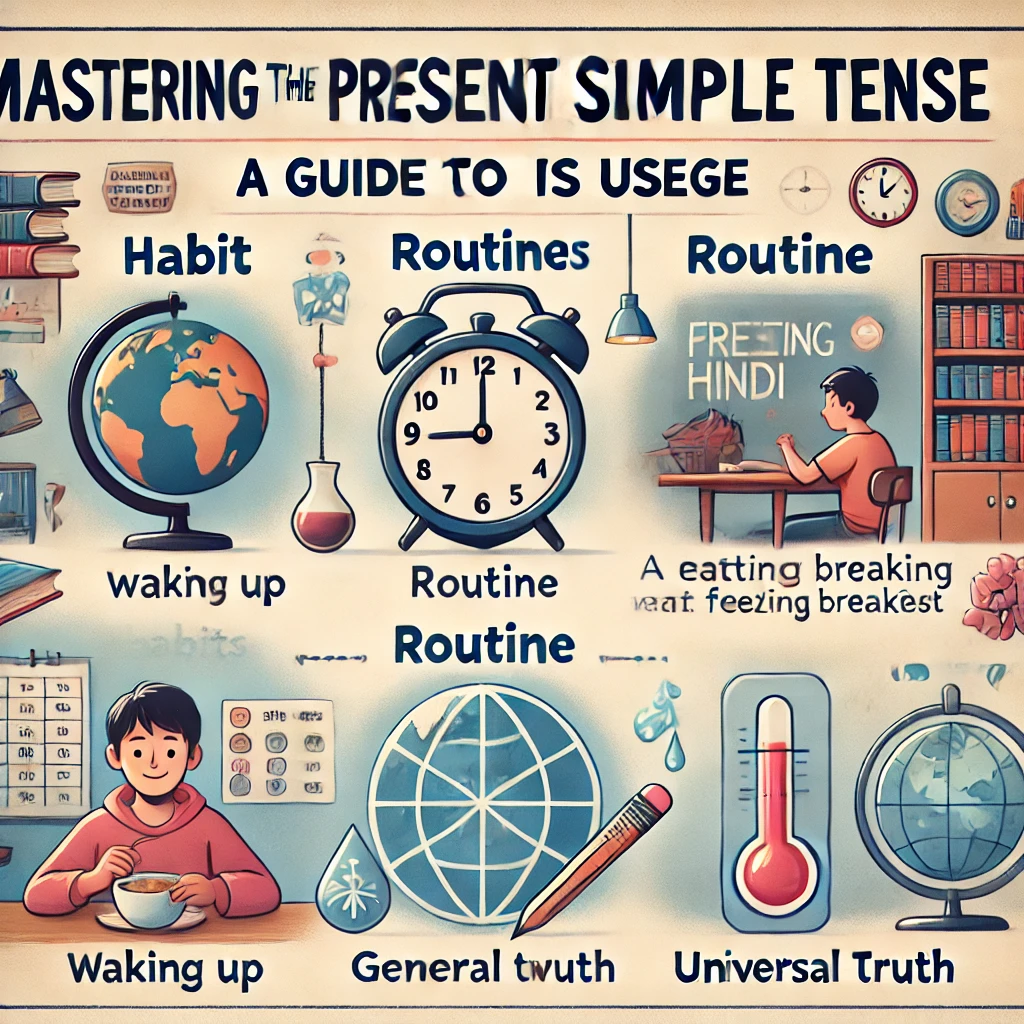Hindi Explanation:
समाचार लेखन में, अधीनस्थ संयोजन (Subordinating Conjunctions) घटनाओं के बीच संबंध स्थापित करने और वाक्यों को एक दूसरे से जोड़ने में महत्वपूर्ण भूमिका निभाते हैं। ये संयोजन मुख्य क्लॉज (मुख्य वाक्य) को एक अधीनस्थ क्लॉज (गौण वाक्य) से जोड़ते हैं, जिससे समाचार की जानकारी अधिक स्पष्ट, सुसंगत और प्रभावी ढंग से प्रस्तुत होती है। उदाहरण के लिए, "जब" (when), "क्योंकि" (because), "यदि" (if), "हालांकि" (although), "जैसे ही" (as soon as) आदि अधीनस्थ संयोजन हैं जो समाचारों में व्यापक रूप से उपयोग किए जाते हैं। ये संयोजन पाठक को घटनाओं के क्रम, कारण और परिणाम, शर्तों और विपरीत स्थितियों को समझने में मदद करते हैं। एक प्रभावी समाचार लेखन में, इन संयोजनों का उचित प्रयोग पाठक के लिए समाचार को अधिक रोचक और समझने योग्य बनाता है। 2024 के संदर्भ में, डिजिटल माध्यमों में समाचार प्रस्तुति के साथ भी, इन संयोजनों की महत्ता बनी रहती है क्योंकि ये स्पष्ट और संक्षिप्त लेखन को प्रोत्साहित करते हैं।
English Explanation:
In news reporting, subordinating conjunctions play a crucial role in establishing relationships between events and connecting clauses within sentences. These conjunctions link a main clause to a subordinate clause, making the presentation of news information clearer, more coherent, and effective. For instance, "when," "because," "if," "although," "as soon as," etc., are subordinating conjunctions widely used in news reporting. They help the reader understand the sequence of events, cause and effect, conditions, and contrasting situations. The appropriate use of these conjunctions in effective news writing makes the news more engaging and understandable for the reader. In the context of 2024, even with the prevalence of digital news platforms, the importance of subordinating conjunctions remains because they promote clear and concise writing. They help avoid ambiguity and ensure that the flow of information is logical and easy to follow, crucial for keeping readers informed quickly and accurately.
| English | Hindi | Roman Hindi |
|---|---|---|
| The train arrived when the sun set. | ट्रेन पहुँची जब सूरज डूब गया। | Train pahunchi jab suraj dub gaya. |
| Because it rained, the match was cancelled. | क्योंकि बारिश हुई, मैच रद्द कर दिया गया। | Kyoki barish hui, match radd kar diya gaya. |
| If you study hard, you will succeed. | यदि तुम मेहनत करोगे, तो सफल होगे। | Yadi tum mehnat karoge, to safal hoge. |
| Although he was tired, he continued working. | हालांकि वह थक गया था, फिर भी उसने काम जारी रखा। | Halaanki vah thak gaya tha, phir bhi usne kaam jaari rakha. |
| As soon as the bell rang, the students left. | घंटी बजते ही छात्र चले गए। | Ghanți bajte hi chhatr chale gaye. |
| The farmer harvested his crops after the rain stopped. | बारिश रुकने के बाद किसान ने अपनी फसल काटी। | Barish rukne ke baad kisaan ne apni fasal kaati. |
| Since it was a holiday, the market was closed. | चूँकि छुट्टी थी, बाजार बंद था। | Chunki chutti thi, bazaar band tha. |
| Unless you work hard, you won't pass. | जब तक तुम मेहनत नहीं करोगे, तुम पास नहीं होगे। | Jab tak tum mehnat nahin karoge, tum pass nahin hoge. |
| Wherever he goes, he makes friends. | जहाँ भी वह जाता है, वह दोस्त बनाता है। | Jahaan bhi vah jata hai, vah dost banata hai. |
| Before the meeting started, everyone was seated. | बैठक शुरू होने से पहले, सभी बैठे हुए थे। | Baithak shuru hone se pehle, sabhi baithe hue the. |





